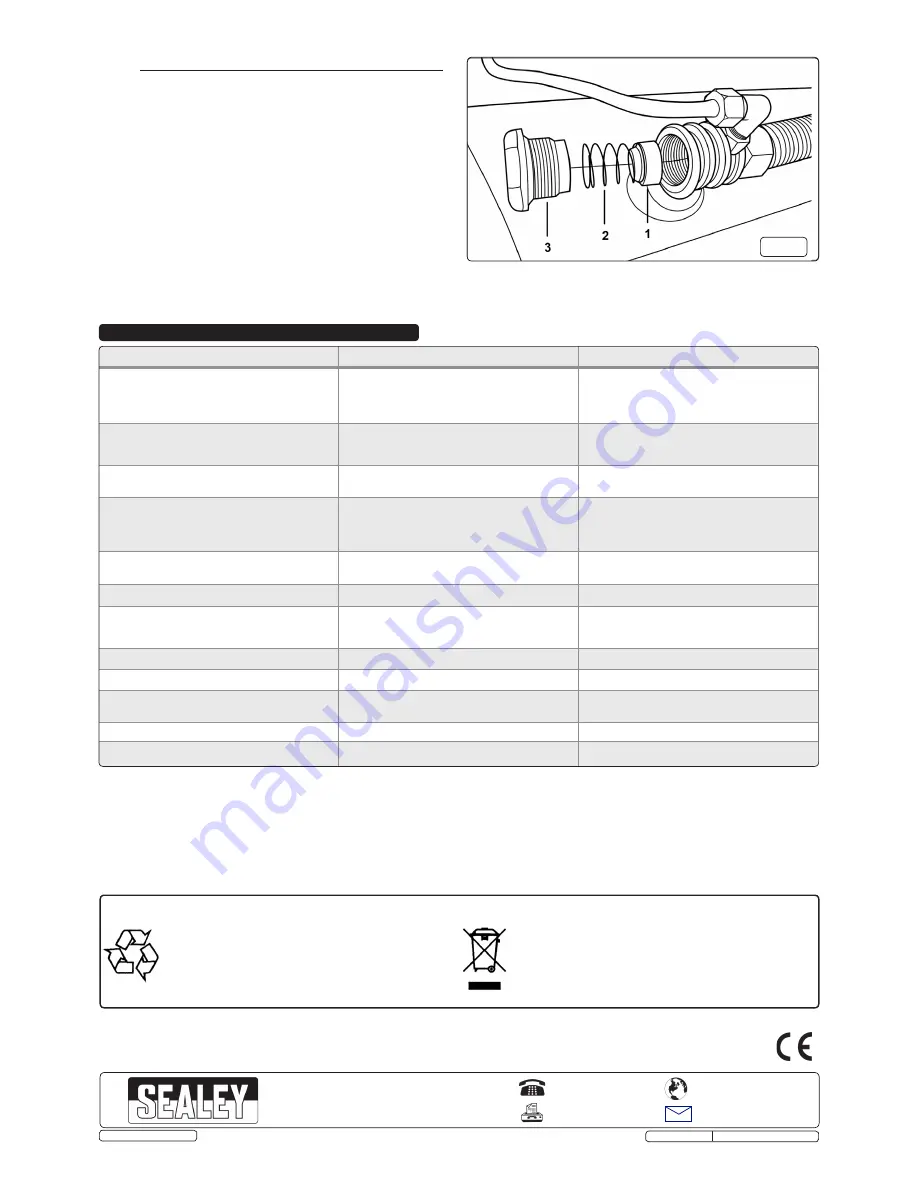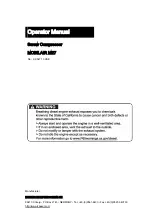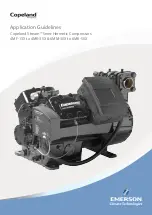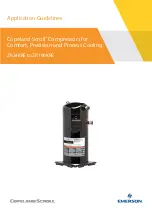
fig.6
5.6.
OPERATIONS TO BE CARRIED OUT EVERY 500 HOURS:
a) Replace air filter (See fig.4).
b) Check all tube fittings and electrical connections.
5.7.
Recommended oils;
Recommended oil for compressors, suitable for room
temperatures ranging from +5°C to +25°C.
SEALEY CPO or equivalent SAE 40 compressor oil. Room
temperature below +5°C: SAE 20 compressor oil.
Approximate oil capacity: 0.16 litres.
5.8
IMPORTANT WARNING
- Air contaminants taken into the
compressor will affect optimum performance. Example: Body
filler dust or paint overspray will clog the pump intake filter
and may cause internal damage to pump/motor components.
Please note that any parts damaged by any type of
contamination will not be covered by warranty.
NOTE:
It is our policy to continually improve products and as such we reserve the right to alter data, specifications and component parts without prior notice.
IMPORTANT:
No liability is accepted for incorrect use of this product.
WARRANTY:
Guarantee is 12 months from purchase date, proof of which will be required for any claim.
INFORMATION:
For a copy of our latest catalogue and promotions call us on 01284 757525 and leave your full name and address, including postcode.
01284 757500
01284 703534
Sole UK Distributor, Sealey Group,
Kempson Way, Suffolk Business Park
,
Bury St. Edmunds, Suffolk,
IP32 7AR
www.sealey.co.uk
Web
6. TROUBLESHOOTING
FAULT
CAUSE
REMEDY
1A) Pressure drop in the tank
Air leaks at connections
Run compressor to max. pressure, switch off.
Brush soap solution over connections and look for
bubbles. Tighten connections showing leaks.
If problem persists contact Authorised Service Agent
1B) Pressure drop in the tank
Air leaks from safety valve
Operate the safety valve manually by pulling on the
ring. If valve continues to leak when in the closed
position it should be replaced
1C) Pressure drop in the tank
Air leaks from cylinder head gasket
Check tightness of head bolts. If leak continues
contact authorised Service Agent
2) Pressure switch valve leaks when
compressor is idle
Non-return valve seal defective
Empty the air tank. Referring to fig.7, remove the
non-return valve cap (3), spring (2) and seal (1).
Clean the seal and its seat, or if necessary replace
the seal
3) Air leaks from tank body or tank welds
Internal corrosion caused by infrequent tank
draining or non permitted modifications to tank
Tank could rupture or explode. Cannot be repaired
DISCONTINUE USE IMMEDIATELY
4A) Motor stops and will not restart
Thermal cut out has operated
Allow unit to cool for 30 minutes before restarting
4B) Motor stops and will not restart
Supply fuse has tripped
Press trip reset button (fig.6) and restart unit. If
repeated tripping occurs replace the check valve or
contact authorised Service Agent
5) Compressor stops and does not restart
Motor failure
Contact Authorised Service Agent
6A) Compressor does not stop at max. pressure
Pressure switch fault
Contact Authorised Service Agent
6B) Compressor does not stop at max. pressure
Filter clogged
Head gasket or valve fault
Replace filter element.
Contact Authorised Service Agent
7) Compressor noisy with metallic knock
Bearing or piston damage
Contact Authorised Service Agent
8) Excessive moisture in discharged air
High humidity environment
Drain tank after each use
fig.7
Original Language Version
© Jack Sealey Limited
5.9
Inspection of pressure tank both inside and out.
Under the PRESSURE SYSTEMS SAFETY REGULATIONS 2000 it is the responsibility of the owner of the compressor to initiate a
system of inspection that both defines the frequency of the inspection and appoints a person who has specific responsibility for
carrying out the inspection.
Environmental Protection.
Recycle unwanted materials instead of disposing of them as
waste. All tools, accessories and packaging should be sorted,
taken to a recycle centre and disposed of in a manner which
is compatible with the environment.
When the product becomes completely unserviceable and
requires disposal, drain off the oil into an approved container and
dispose of the product and the oil according to local regulations.
WEEE Regulations.
Dispose of this product at the end of its working life in compliance
with the EU Directive on Waste Electrical and Electronic Equipment.
When the product is no longer required, it must be disposed of in an
environmentally protective way. Contact your local solid waste
authority for recycling information.
SAC10030VE Issue No: 2(I) - 17/04/14






















